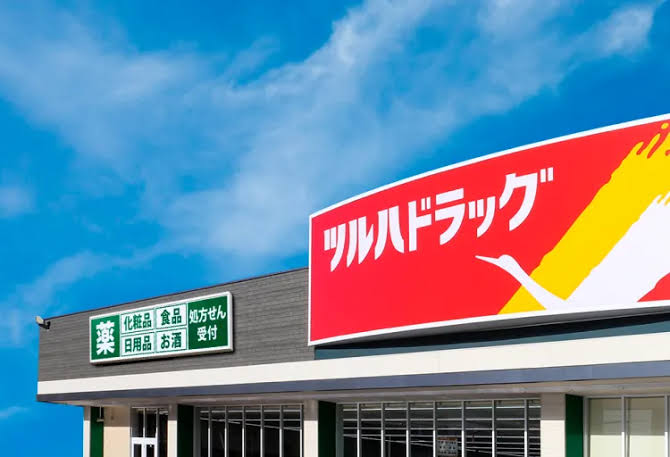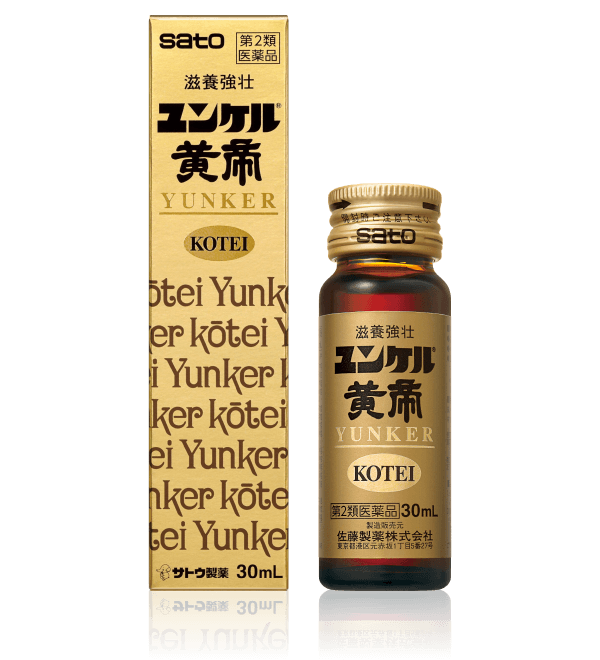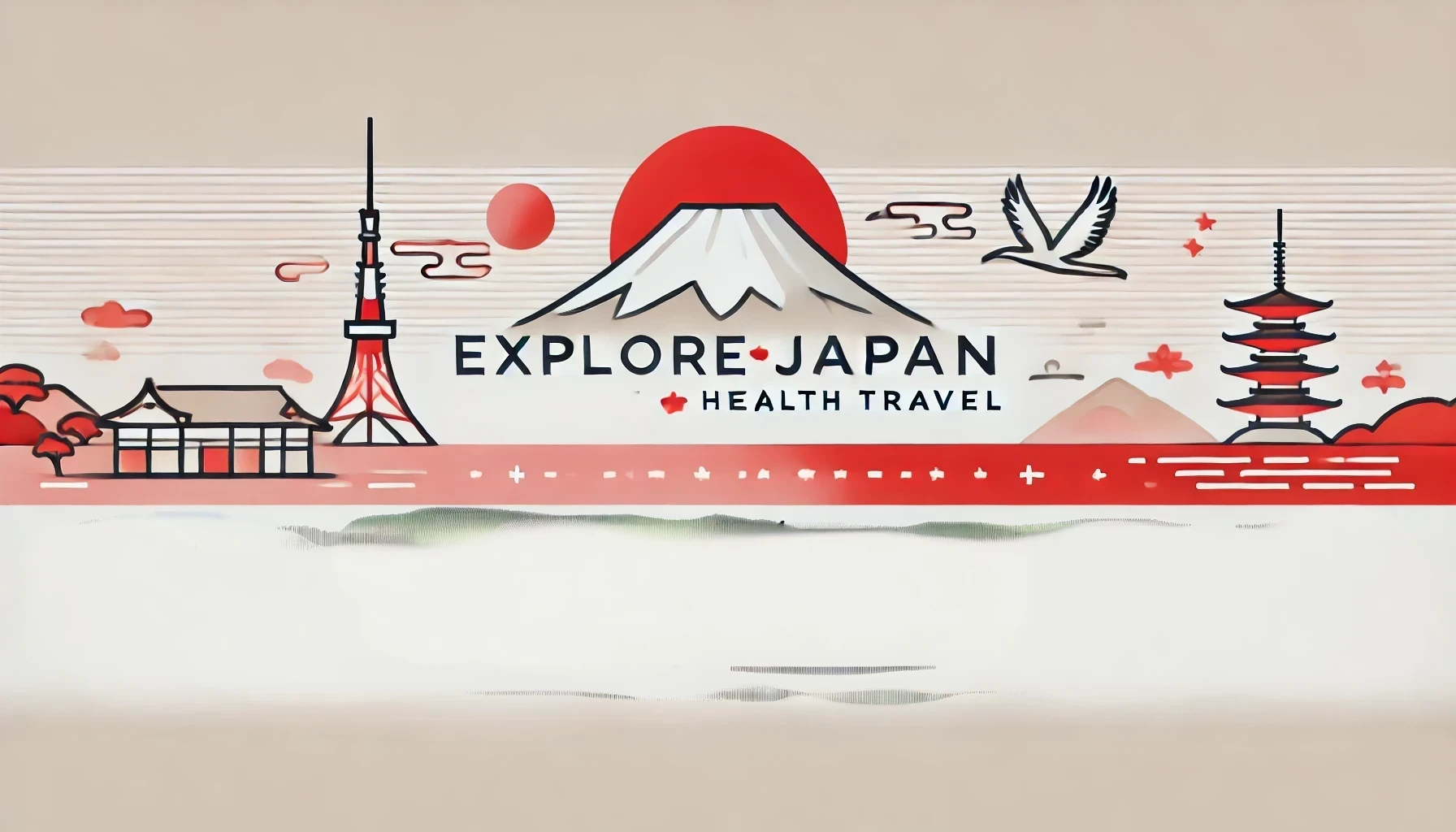How to Buy Medication in Japan
Drugstores (Pharmacies)
Japan has many drugstores where you can buy over-the-counter (OTC) medications. Look for signs with “薬局” (yakkyoku) or “ドラッグストア” (drugstore).
The kanji ‘薬’ (yaku/kusuri) means medicine or drugs.
• Examples: Matsumoto Kiyoshi, Sun Drug, Welcia



Most over-the-counter (OTC) medicines available in Japan are not single-ingredient formulations but contain a combination of various active ingredients.
If you are looking for single-ingredient medicines like the ones prescribed at hospitals, consult a pharmacist or feel free to email me. If the medicine is available, I’ll assist you in purchasing it.
For medicines that are not sold over-the-counter, a doctor’s prescription will be required. In Japan, only doctors have the authority to prescribe medications. If needed, I can help you find a hospital that provides the medicine you’re looking for, or you can refer to the URL below for more information.
https://www.jnto.go.jp/emergency/jpn/mi_guide.html
Medications in Japan and Cultural/Religious Considerations
• Combination Medications:
Most over-the-counter (OTC) medicines in Japan are combination products, containing multiple active ingredients. This contrasts with many countries where single-ingredient medications are more common.
・Lower Dosages:
Japanese medications typically contain lower dosages compared to those commonly found in Western countries. This is designed with the Japanese population’s metabolism and body surface area in mind. To determine the appropriate dosage for you, it’s best to consult with a pharmacist.
• Natural Remedies:
Traditional Japanese Kampo medicine, derived from Chinese herbal medicine, is widely used. It may include ingredients unfamiliar to international travelers, such as certain plants or animal-based components.
Kampo medicine in Japan is primarily plant-based, but some formulations may include animal-derived ingredients, such as those from cows, frogs, or turtles. These ingredients could pose concerns for individuals with ethical, religious, or dietary restrictions. It’s advisable to check the ingredient list carefully or consult with a pharmacist if you have specific concerns.
For example, a well-known tonic in Japan, Yunker, contains animal-derived ingredients such as ox bile stones (gallstones from cows) and mamushi snake extract (dried Japanese pit viper).

・Animal-Derived Ingredients:
・Gelatin in Capsules:
Capsules may be made from animal-derived gelatin, which could be unsuitable for vegetarians, vegans, or those following halal or kosher dietary laws. They may contain ingredients derived from pork, beef, or fish. Determining the exact source of the gelatin can take time, even for pharmacists. Therefore, it’s recommended that individuals with ideological or religious restrictions avoid capsule medications when possible.
• Traditional Ingredients:
Some traditional remedies or ointments may use animal products, which may conflict with ethical or religious beliefs.
Avoiding medicines containing animal-derived ingredients is possible with the help of a pharmacist.
Please feel free to consult with a pharmacist or even with me. I’m always happy to help—welcome anytime!





コメント